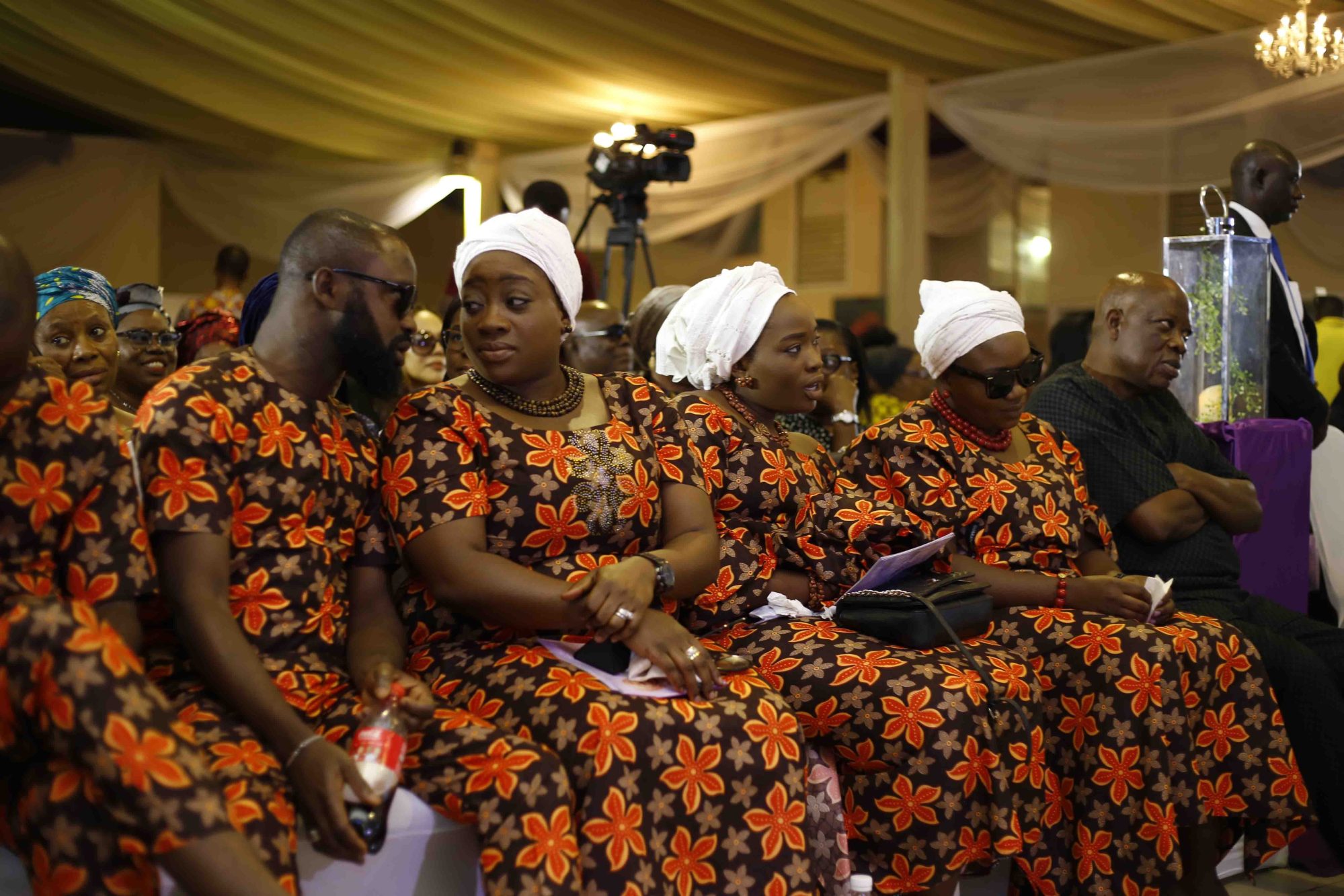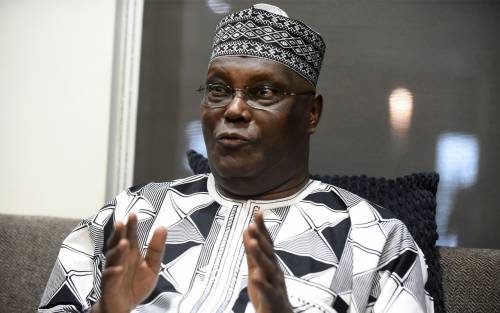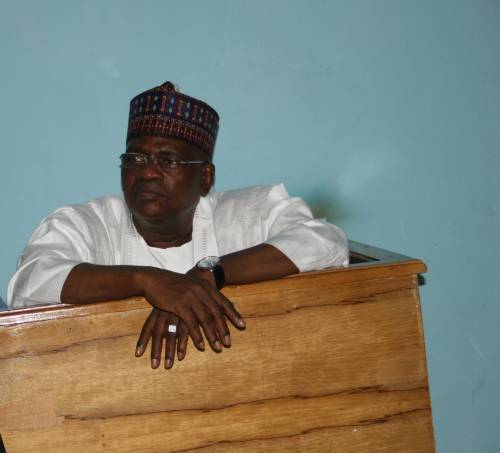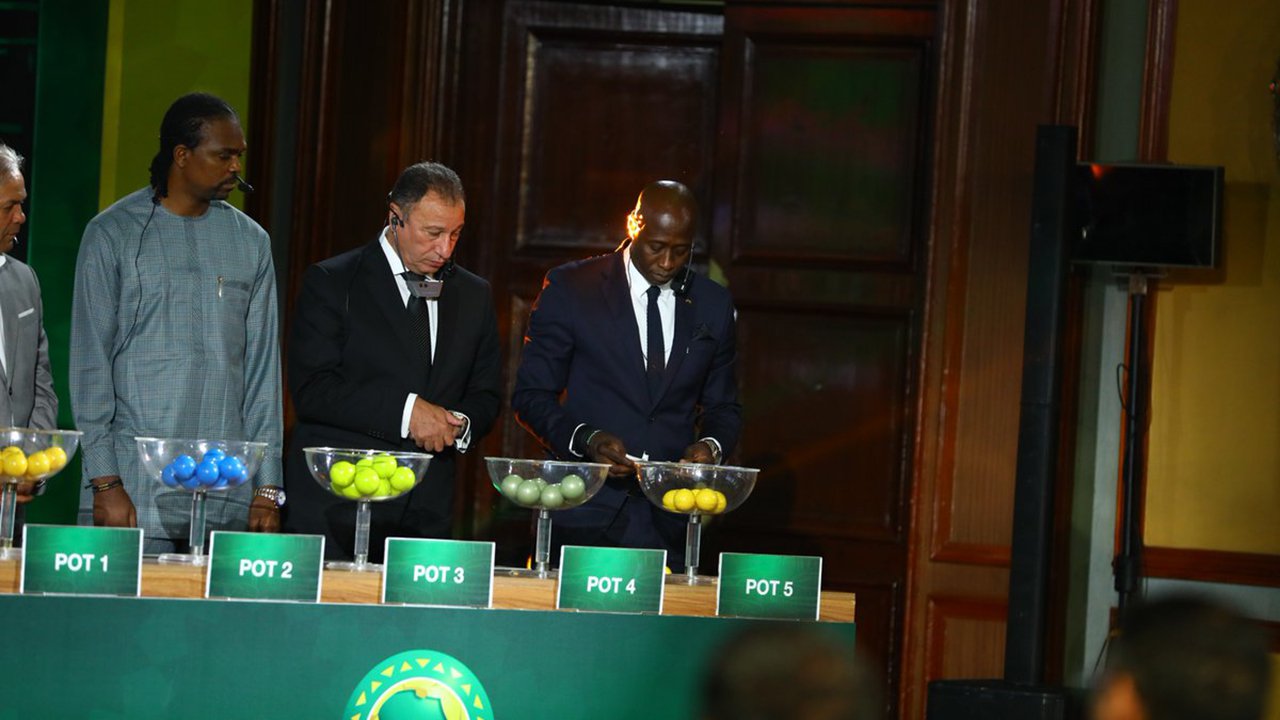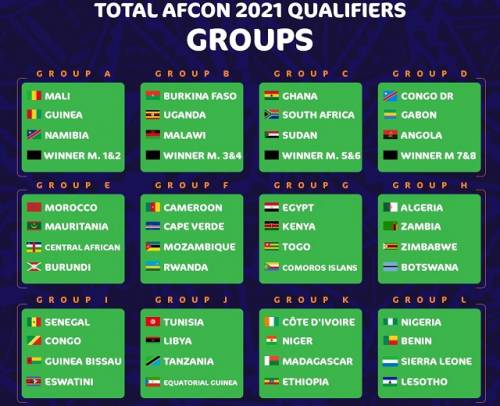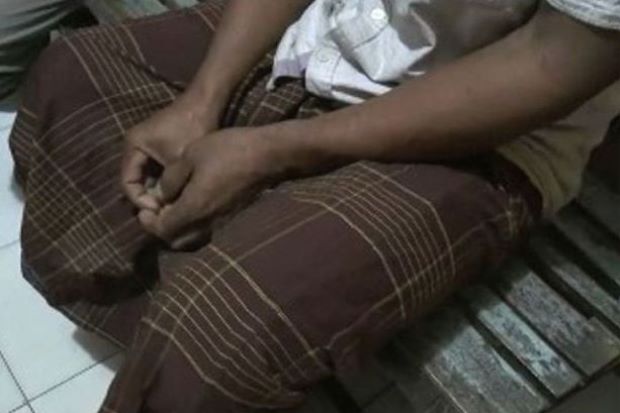By Taiwo Okanlawon
The burial rites for late Mrs. Funke Olakunrin, the daughter of Chairman of Pan Yoruba socio-political group, Afenifere, Pa Reuben Fasoranti, are underway today with a commendation and night of tributes in her honour at Harbour Point, Wilmot Road, Ahmadu Bello Way, Victoria Island, Lagos.
Olakunrin was shot and killed by masked gunmen in a kidnap attempt, between Kajola and Ore along Ondo-Ore Road on Friday, when she was travelling to Lagos.
The second daughter of Afenifere leader was 58.
Family, loyal friends and relatives as well as political bigwigs are at the commendation service of Mrs Funke Olakunrin.

Mr Olakunrin at the commendation service held for his late wife, Mrs Olufunke Olakunri in Lagos. Photo By Ayodele Efunla

Daughters of the deceased at the event. Photo By Ayodele Efunla

Family of the deceased at the event. Photo By Ayodele Efunla
The guests at the event include National Leader Of the ruling party, All Progressives Congress, Bola Ahmed Tinubu, former Governor Of Ogun State, Otunba Gbenga Daniel, The Speaker Of House of Representatives, Hon. Femi Gbajabiamila.

Cross section of the guests at the event

Cross-section of the guests at the event

L-R Otunba Gbenga Daniel, Asiwaju Ahmed Bola Tinubu at the event. Photo By Ayodele Efunla
National Leader Of the ruling party, All Progressives Congress, Bola Ahmed Tinubu, while delivering his speech described late Olakunrin as an exceptional woman whom he shared ideas with from time to time ranging from politics to family matters.

Asiwaju Bola Ahmed Tinubu while paying tribute to the late Mrs Olufunke Olakunrin – Photo By Ayodele Efunla
Tinubu also said the attackers of the deceased were wrong thinking they killed her, adding that her spirit is still alive.
Tinubu prays that God will be with the family she left behind.

Asiwaju Bola Ahmed Tinubu and Femi Fani-Kayode exchanging plesantries at the commendation service held for the late Mrs Olufunke Olakunrin in Lagos. Photo By Ayodele Efunla

Speaker, House of Representatives, Mr Femi Gbajabiamila(middle) at the event. Photo By Ayodele Efunla

Late Mrs. Funke Olakunrin (Nee Fasoranti)

Speaker, House of Representatives, Mr Femi Gbajabiamila(middle) at the event. Photo By Ayodele Efunla
The Speaker Of House of Representatives, Hon. Femi Gbajabiamila exchanging pleasantries with other guests before leaving the venue of the event.

The Speaker Of House of Representatives, Hon. Femi Gbajabiamila and Femi Fani Kayode

The Speaker Of House of Representatives, Hon. Femi Gbajabiamila and Chief Ayo Adebanjo

The Speaker Of House of Representatives, Hon. Femi Gbajabiamila. and Otunba Gbenga Daniel

The Speaker Of House of Representatives, Hon. Femi Gbajabiamila leaving the venue of the event.
Former Governor Of Ogun State, Otunba Gbenga Daniel, Chief Ayo Adebanjo and Former Minister of Aviation, Femi Fani Kayode departing the venue of the event.

The commendation and night of tributes in her of the deceased has been brought to an end sign friends and family departing the venue.

Friends of the Late Mrs Olufunke Olakunrin gathered to pay their last respect, in Lagos

Friends of the Late Mrs Olufunke Olakunrin gathered to pay their last respect, in Lagos

A mourner at the commendation service held for the late Mrs Olakunrin in Lagos


